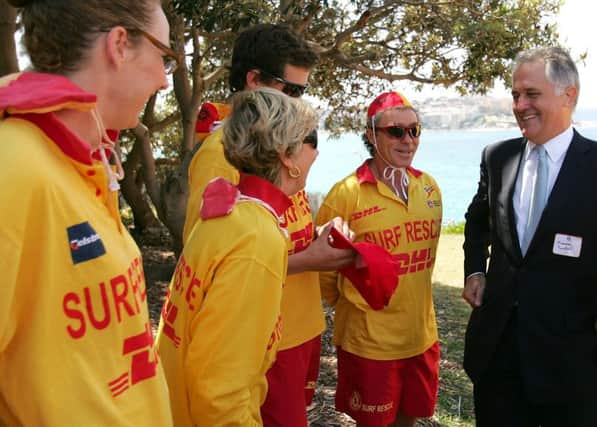Australia snubs US request to ramp up response to IS terror


The news of Australian resistance comes as Prime Minister Malcolm Turnbull prepares to make his first visit to Washington as Australia’s leader next week.
Defence minister Marise Payne’s office said that the US had asked 40 countries including European nations “to consider expanded contributions” to the US-led coalition fighting in the Middle East after the Islamic State group claimed responsibility for the 13 November attacks on Paris that killed 130 people.
Advertisement
Hide AdAdvertisement
Hide Ad“Australia has considered the request from US Secretary of Defence Ash Carter in light of the substantial contributions we are already making to train Iraqi security forces and to the air campaign,” the statement said. “The government has advised Secretary Carter that our existing contributions will continue.”
But Australia has offered no significant increase in resources. “The Australian government continues to keep our contribution under ongoing review in consultation with our coalition partners,” the statement said.
Australia’s resistance to a request for military assistance from its most important security ally has been questioned within the ranks of Mr Turnbull’s right-wing government.
One Sydney newspaper reported that Mr Turnbull had become the first Australian prime minister to refuse a US request to supply more troops in a conflict zone.
Peter Jennings, executive director of the Australian Strategic Policy Institute think-tank and a former defence deputy secretary for strategy, said Australia often refused US requests for military help.
“I don’t think the Americans will be surprised,” he said, but added they may ask “what’s going on with this new prime minister in Canberra?”
Australia describes itself as the largest contributor to the coalition after the US, with 780 military personnel in the Middle East and six F/A-18 Hornet jet fighters striking Islamic State targets in Iraq and Syria.